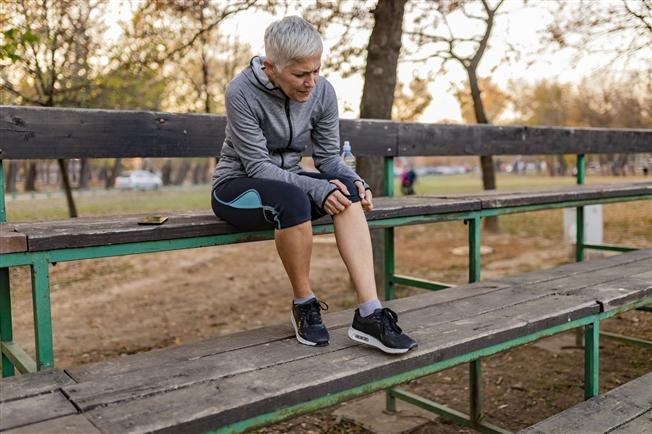BOD-ities: Why do my legs itch when I exercise?

Taking a break from your workout to relieve an itch is one thing. Having to do it several times during your workout? That's another.
It's not uncommon to experience exercise-induced itching during your workout. But the reason why might surprise you.
Here's what's causing that itchy feeling: During a workout, your heart rate and blood flow increase. Your heart is pumping more blood (and oxygen) to the muscles you're using during your workout. In response, your capillaries and arteries expand to accommodate the amount of blood moving through the body.
This process stimulates surrounding nerve cells and sends a signal to your brain. Interestingly, your brain translates this signal as the need to itch.
There's not much you can do to change this process. After all, it's your brain's natural response. But there is one thing you can do to reduce the likelihood that your workout will be interrupted by itching: exercise more.
People who exercise regularly have a greater blood volume, which means that their bodies need to do less to adjust to the increased blood flow and other physical demands of exercise. Regular exercise doesn't have to mean hour-long runs or marathon strength training sessions. Instead, commit to exercising three to four times per week for at least a half hour each time.
And, while it's okay to take some time off from working out, try to stick to a routine as much as possible. Not only will it benefit your health, it will also help ensure that your body won't have to adjust when you're back to your routine—and that means your workout won't be interrupted by an itch!
Why do my legs itch when I walk or exercise?
If your legs itch during exercise or you experience exercise-induced itching anywhere else on your body, it's not usually cause for concern and a regular exercise routine can be the solution. But if these symptoms are accompanied by other ones like hives, a rash, trouble breathing or feeling dizzy or lightheaded, stop exercising and don't resume until you talk to your health care provider.
Next steps:
 Content you want, delivered to your inbox
Content you want, delivered to your inbox
Want to get the latest health and wellness articles delivered right to your inbox?
Subscribe to the Well Ahead Newsletter.
